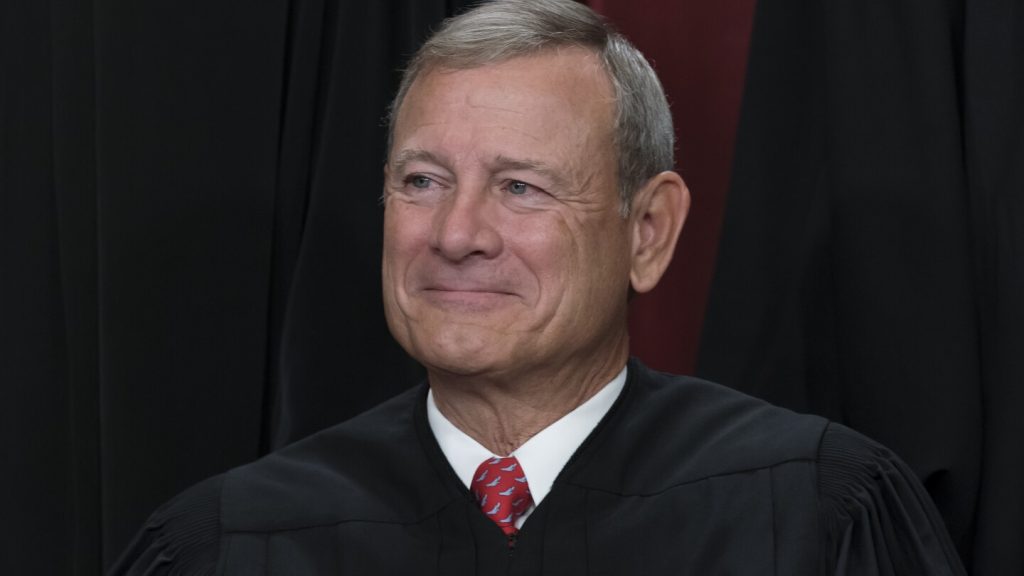Chief Justice John Roberts has declined an invitation from Democratic senators to discuss Supreme Court ethics and the controversy surrounding flags flown outside the homes of Justice Samuel Alito. This decision comes after Alito rejected demands for him to recuse himself from major Supreme Court cases involving former President Donald Trump and the January 6 rioters because of the flags. Roberts stated that justices decide for themselves when to step aside from cases and noted that he rarely meets with lawmakers, pointing out that the proposed meeting with Democratic leaders would not be advisable.
Roberts’ refusal to meet with the Democratic senators comes at a time when public trust in the Supreme Court is at its lowest point in at least 50 years. Senate Judiciary Chairman Dick Durbin and Sen. Sheldon Whitehouse had requested the meeting with Roberts in hopes of addressing concerns over Alito’s involvement in cases related to the January 6 attack and Trump’s attempts to overturn the 2020 election results. Despite Roberts declining the meeting, Durbin’s office expressed a commitment to restoring the court’s credibility in the eyes of the American people and pursuing efforts to pass an enforceable ethics code for the Supreme Court.
The Supreme Court justices, including Alito and Clarence Thomas, have faced calls to recuse themselves from cases related to the 2020 election, which Trump lost to Joe Biden. Thomas’ wife supported efforts to overturn the election results, raising questions about impartiality. Alito has denied any involvement in his wife’s decision to fly an inverted American flag outside their home in Alexandria, Virginia, and an “Appeal to Heaven” flag at their New Jersey beach home. Both flags were carried by rioters who stormed the Capitol in January 2021, echoing Trump’s false claims of election fraud.
The controversy over Alito’s flags highlights the need for judges to maintain independence and avoid political statements or opinions on matters they may be called upon to decide. In response to sustained criticism, the Supreme Court adopted an ethics code in November 2023, but it lacks enforcement mechanisms. The Judiciary panel approved legislation last year to set stricter standards for the court, but Republicans have opposed efforts to impose regulations on the judiciary. The justices are currently considering cases related to the Capitol attack, including charges against the rioters and Trump’s immunity from prosecution on election interference charges.
The issue of Supreme Court ethics and transparency continues to be a topic of debate, with calls for stronger enforcement mechanisms and clearer guidelines. The controversy surrounding Alito’s flags and the justices’ involvement in cases related to the 2020 election have raised concerns about the court’s credibility and impartiality. As the Supreme Court navigates these challenges, pressure mounts on Chief Justice Roberts and the other justices to address ethical concerns and uphold the integrity of the nation’s highest court. Follow the AP’s coverage of the U.S. Supreme Court for the latest updates on these developments.


